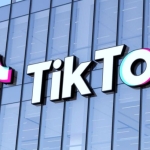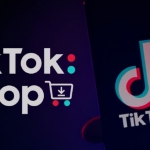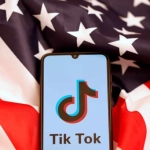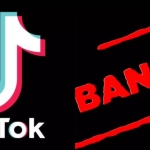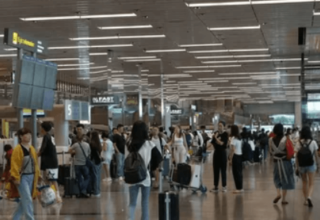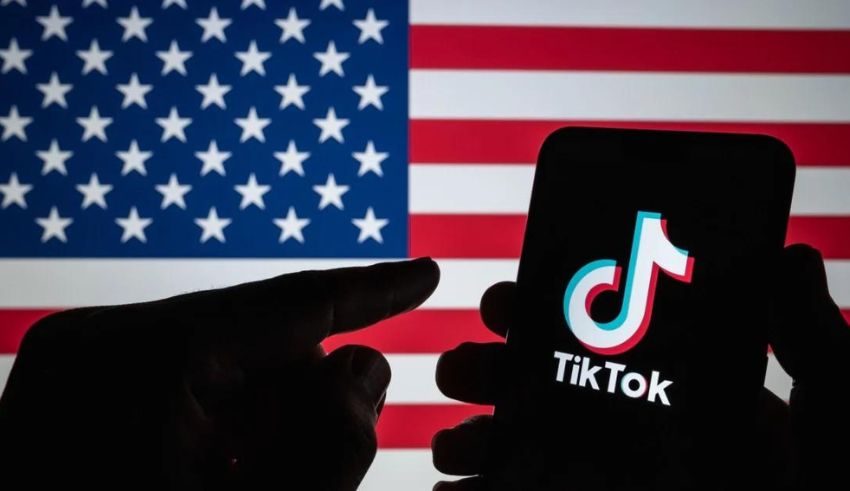
TikTok is a popular social media app that allows users to create and share short videos, often with music, filters, and effects.
The app, which was launched in 2016 by the Chinese company ByteDance, has over 1 billion active users worldwide, and is especially popular among young people. The app features various content categories, such as comedy, dance, education, sports, and more.
The Controversy
TikTok has been facing scrutiny and restrictions in the U.S. for several reasons, such as:
- Reason 1: Data privacy and security concerns.TikTok has been accused of collecting and sharing user data with the Chinese government, which could pose a threat to the national security and personal privacy of the U.S. users. The app has also been criticized for its lack of transparency and accountability regarding its data practices and policies. The app has denied these allegations and claimed that it operates independently from ByteDance and that it stores the U.S. user data in servers located in the U.S. and Singapore.
- Reason 2: Censorship and content moderation issues. TikTok has been accused of censoring and suppressing content that is critical of the Chinese government or that supports human rights causes, such as the Hong Kong protests, the Uyghur genocide, and the Tibetan independence. The app has also been accused of promoting and amplifying content that is favorable to the Chinese government or that spreads misinformation and propaganda. The app has denied these allegations and claimed that it does not remove or influence content based on political sensitivities and that it follows the local laws and regulations of each market.
- Reason 3: Competition and influence concerns.TikTok has been accused of posing a challenge and a threat to the U.S. tech giants, such as Facebook, Google, and Twitter, which dominate the social media and online advertising markets. The app has also been accused of influencing and shaping the opinions and behaviors of the U.S. users, especially the young and impressionable ones, through its algorithm and content recommendations. The app has denied these allegations and claimed that it provides a diverse and creative platform for users to express themselves and to connect with others.
Keep Reading
The Actions
TikTok has been facing various actions and measures from the U.S. government and other entities, such as:
- Action 1: Executive orders and bans. In August 2020, former President Donald Trump issued two executive orders that aimed to ban TikTok from operating in the U.S., unless it was sold to a U.S. company by a certain deadline. The orders cited the national security and data privacy risks posed by the app. However, the orders were challenged and blocked by several federal courts, and the deadline was extended several times. In February 2021, President Joe Biden suspended the orders and ordered a review of the potential security threats posed by TikTok and other foreign-owned apps.
- Action 2: Lawsuits and investigations.TikTok has been facing several lawsuits and investigations from various parties, such as the U.S. Department of Justice, the Federal Trade Commission, the U.S. Congress, and several state attorneys general. The lawsuits and investigations have focused on the app’s data collection and sharing practices, its content moderation and censorship policies, its compliance with the U.S. laws and regulations, and its potential antitrust violations.
- Action 3: Restrictions and boycotts. TikTok has been facing several restrictions and boycotts from various entities, such as the U.S. military, the U.S. government agencies, the U.S. schools and universities, and some U.S. companies and celebrities. The restrictions and boycotts have aimed to prevent or limit the use of the app by the employees, students, customers, and fans of these entities, due to the security and privacy concerns or the political and ethical issues associated with the app.

